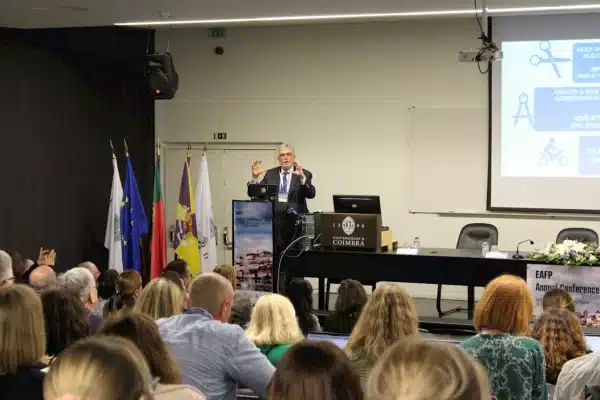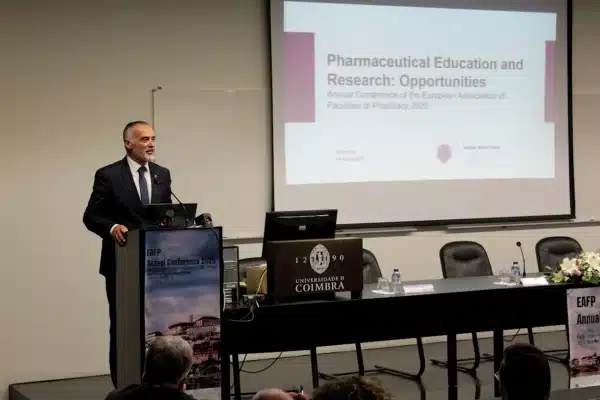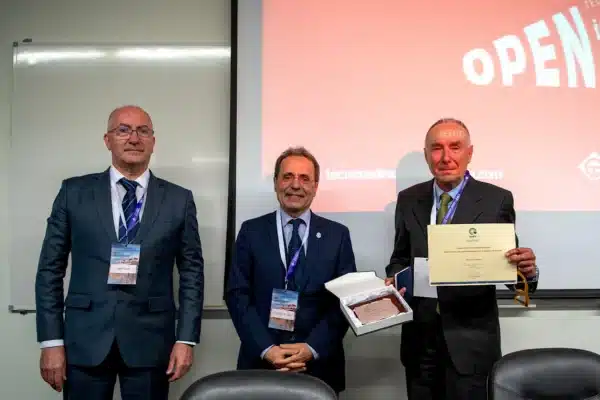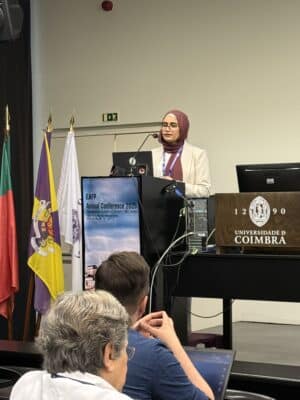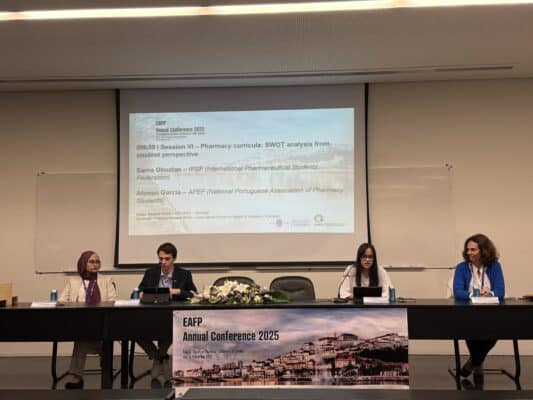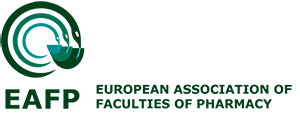Highlights from the EAFP Annual Conference 2025
The recent conference by the European Association of Faculties of Pharmacy in Coimbra, Portugal centered on the four dimensions of pharmaceutical education and research: strengths, weaknesses, opportunities, and threats, using a SWOT framework.
The conference opened with an exploration of educational strengths and weakness, including faculty development, curriculum gaps and innovative teaching tools. Contributions included overviews of global development frameworks, SWOT-based evaluations of existing curricula and immersive learning experiences like virtual reality escape rooms.
Opportunities rising research trends such as the engineering of polysaccharides for enhanced inhalation therapies and the discovery of plant-derived ingredients with pharmaceutical and cosmetic applications. A clear call emerged for reimagining education to keep pace with scientific innovation.
Threats explored included practical learning challenges, inclusivity in faculty training and risk assessments surrounding supplement use among ageing populations. Speakers highlighted areas demanding vigilant attention to safeguard educational quality and student well-being.
The conference signaled forward momentum for pharmacy education reform. It succeeded in combining strategic reflection, research presentation, collaborative engagement and student-driven insights into a unified vision for the future of the profession.
Awards Recognised at the Conference:
EAFP Award for the Advancement of Pharmacy in Europe 2025
Professor Paolo Colombo: Department of Food and Drug, University of Parma, Italy
Best Oral Communication Award: Bridging generations through integrative learning, research, and community care – The ESPIEM project presented by Maria Deolinda Auxtero (Egas Moniz School of Health & Science, Caparica, Almada, Portugal)
Best Poster Award: Exploring the expanding roles of pharmacists through the pharmacy game educational model presented by Tanja Fens (Unit of PharmacoTherapy, School of Science and Engineering, University of Groningen, Groningen, The Netherlands) and Indrė Trečiokienė (Pharmacy and Pharmacology Center, Institute of Biomedical Sciences, Faculty of Medicine, Vilnius University, Vilnius, Lithuania).
